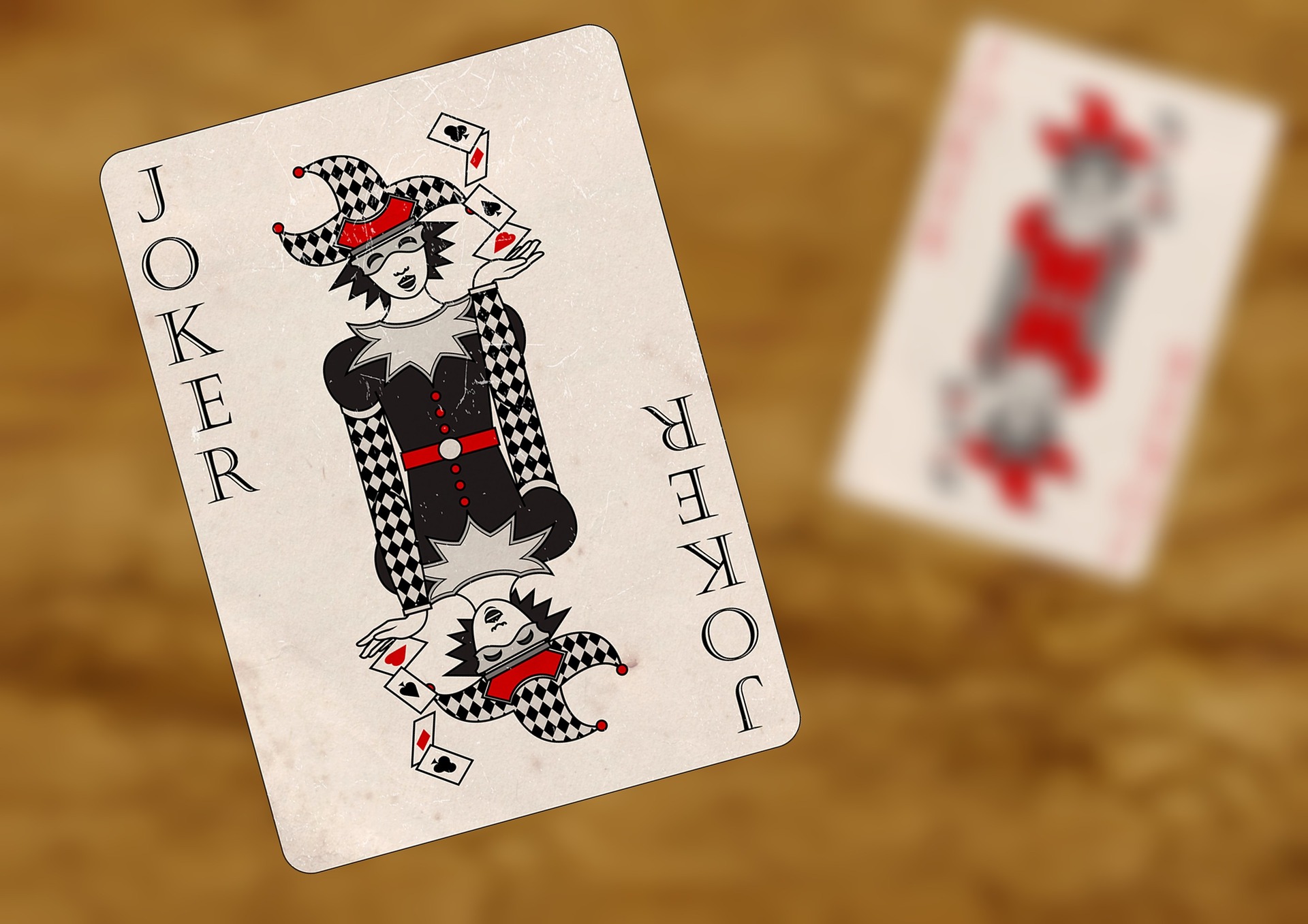“In gambling, winning is the case, and losing is the rule.” “Gamblers” feel a kind of abstinence crisis, and if they stop gambling, they feel nervousness, tension and intense desire for it.
Gambling becomes the most important thing in that person’s life. Problem gambling is the level at which problems are created, both financially and healthily. In pathological gambling, there is a dependence on a certain type of behavior, ie gambling, where a person invests more and more money and is not able to stop or reduce gambling.

Losing money on gambling can cause great stress in humans. When a person is convinced that he is helpless, when he finds himself in a stressful situation, he will start thinking “This is a disaster, horrible, I can’t stand this”, “Why does this always happen to me”, etc. Then there is an emotional reaction such as fear, tension, anxiety, nervousness, because due to stress there is a change in corticosteroid levels, which affects the emotional sphere.
This is followed by physiological reactions, such as rapid heartbeat, rapid breathing, sweating, etc. Then these reactions can be additionally interpreted as a sign of myocardial infarction, which results in fear of death. Nasty experiences that a person can get through gambling can cause strong anxiety.
Gambling and heart
Therefore, coronary heart disease is most common among patients with panic disorders, phobias, and other anxiety disorders that may result from gambling. Chronic stress increasingly leads to various diseases, most often heart disease. This type of stress increases the secretion of norepinephrine, which increases peripheral resistance, and increases the secretion of renin, as well as angitensin and aldosterone, which also intensely increase blood pressure.
Over time, irregularities in the work of the heart can occur, such as cardiac arrhythmias, pain in the area of the heart at rest and in exertion, or angina pectoris, and finally a heart attack. Namely, sudden stress accelerates the pumping of the heart, at the same time causing constriction of blood vessels, and thus the flow of blood to the heart, which increases the risk of serious heart disorders.

